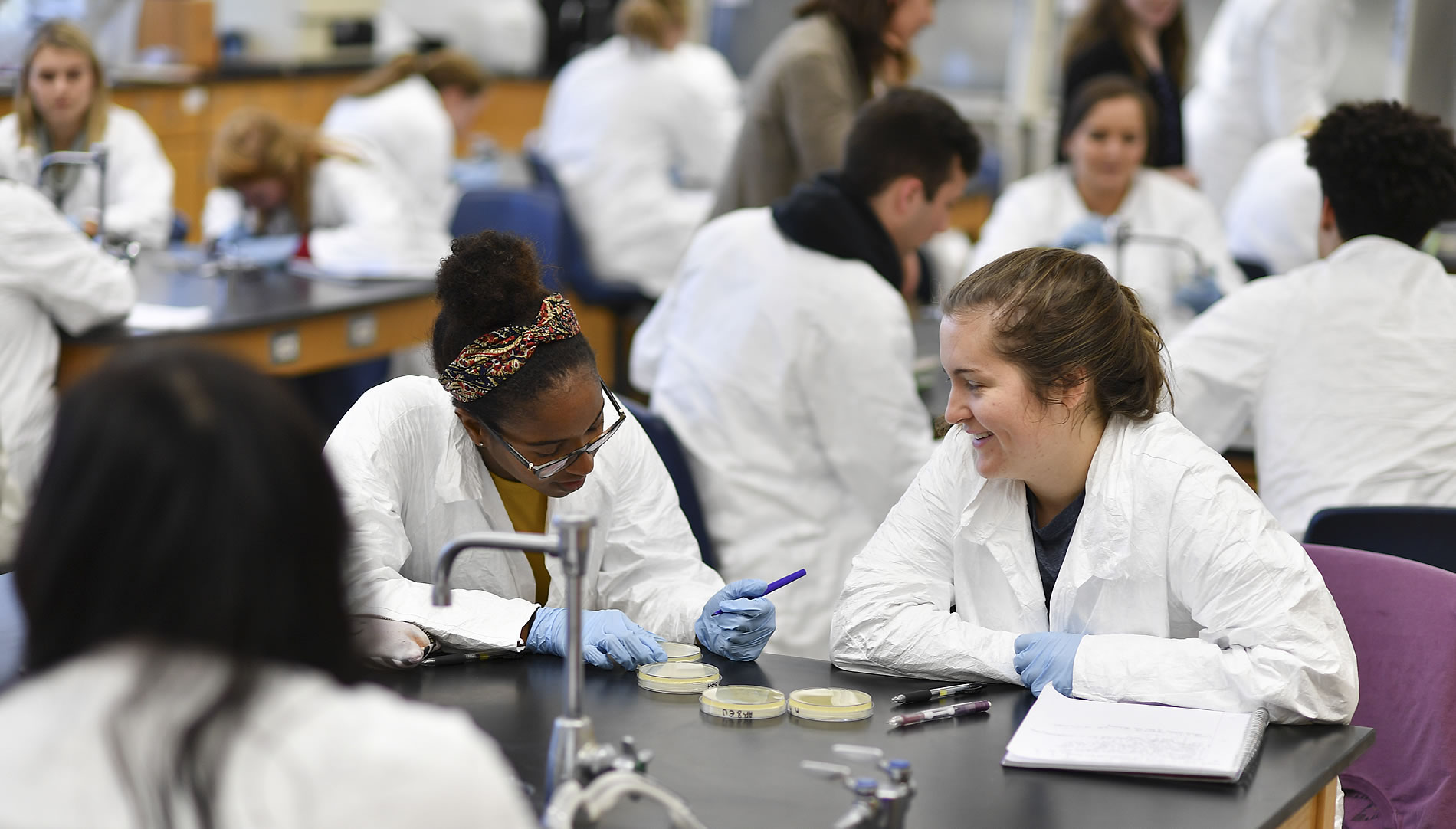Introduction: Engaging in research during medical school offers valuable opportunities for personal and professional growth, academic excellence, and career advancement. Research allows medical students to contribute to scientific knowledge, develop critical thinking skills, and explore potential specialties or areas of interest within medicine. In this blog post, we’ll delve into the benefits of research in medical school and provide guidance on how to explore and pursue research opportunities effectively.
- Understand the Importance of Research in Medical Education:
- Research enhances critical thinking, problem-solving, and analytical skills essential for evidence-based medical practice.
- Engaging in research promotes lifelong learning, intellectual curiosity, and a deeper understanding of medical concepts and principles.
- Research experience strengthens residency applications, fellowship opportunities, and academic achievements in the medical field.
- Identify Your Research Interests and Goals:
- Reflect on your interests, passions, and career goals to identify areas of research that align with your academic and professional aspirations.
- Explore diverse fields within medicine, such as basic science research, clinical research, public health research, or translational research.
- Consider the potential impact of your research on patient care, healthcare policies, and medical advancements.
- Explore Research Opportunities:
- Connect with faculty members, researchers, and research centers within your medical school or affiliated institutions.
- Attend research seminars, journal clubs, and scientific conferences to explore current research topics, methodologies, and opportunities for collaboration.
- Explore research funding opportunities, grants, and scholarships available for medical students interested in conducting research projects.
- Participate in Research Projects:
- Volunteer or participate in ongoing research projects led by faculty mentors or research teams within your medical school.
- Collaborate with interdisciplinary teams, including physicians, scientists, statisticians, and other healthcare professionals, to gain diverse perspectives and expertise.
- Contribute to data collection, literature reviews, study design, data analysis, and manuscript preparation under the guidance of experienced researchers.
- Develop Research Skills and Methodologies:
- Acquire research skills and methodologies, such as literature search strategies, study design, data collection, statistical analysis, and scientific writing.
- Learn how to critically evaluate research articles, interpret study results, and draw evidence-based conclusions.
- Seek mentorship and guidance from experienced researchers to enhance your research capabilities and professional development.
- Present and Publish Your Research Findings:
- Present your research findings at local, regional, or national conferences, poster sessions, or oral presentations to share your work with the medical community.
- Prepare research manuscripts for publication in peer-reviewed journals, collaborating with mentors and co-authors to disseminate your findings and contribute to the scientific literature.
- Highlight your research experiences, publications, and presentations on your curriculum vitae (CV) and residency applications to demonstrate your commitment to academic excellence and scholarly activity.
- Network and Collaborate:
- Build a network of peers, mentors, and collaborators within the research community to foster collaboration, mentorship, and professional connections.
- Participate in research-focused organizations, clubs, or societies within your medical school or specialty interest groups to engage with like-minded individuals and share research experiences and resources.
- Leverage social media platforms, professional networking sites, and online forums to connect with researchers, scholars, and experts in your field of interest and stay updated on research trends and opportunities.
Conclusion: Exploring research opportunities in medical school is a rewarding and enriching experience that enhances your academic journey, professional development, and contribution to the medical field. By understanding the importance of research, identifying your research interests and goals, exploring research opportunities, participating in research projects, developing research skills and methodologies, presenting and publishing your research findings, networking and collaborating with the research community, you can make meaningful contributions to scientific knowledge, advance your career prospects, and prepare for future leadership roles in medicine. Embrace the journey of research exploration and discovery as you embark on a path of academic excellence and lifelong learning in the medical field.

